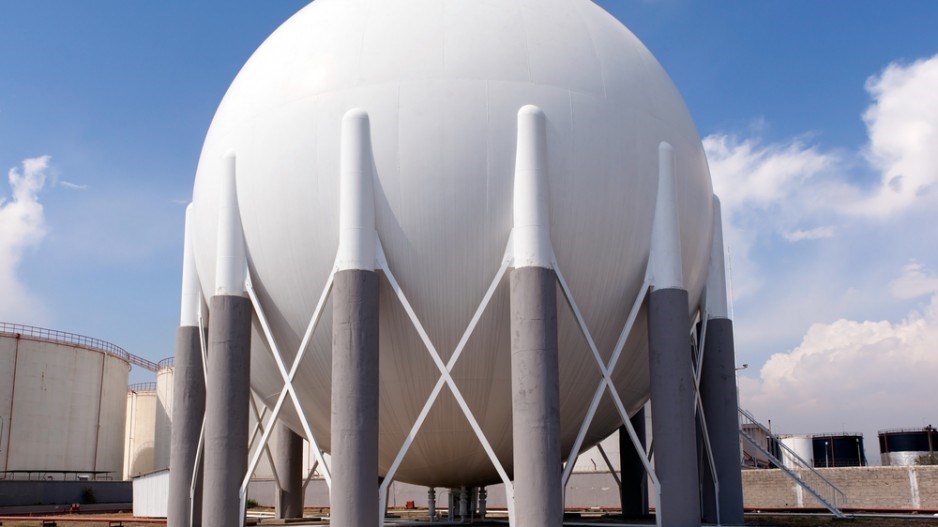Australia is viewed as B.C.’s main competitor in the LNG race. Like B.C., it has large reserves of natural gas, a stable government with industry-friendly policies and can ship to Japan in six to eight days (compared with eight to 10 from B.C.)
Australia also has a carbon tax that applies to gas and the LNG sector – $24 per tonne, compared with $30 per tonne in B.C.
The B.C. carbon tax doesn’t apply to the gas processing or fugitive emissions, whereas the Australian carbon tax does, according to Matt Horne, director of the Pembina Institute’s climate change program.
However, Australia has a significant advantage over B.C. in that, according to the International Gas Union, it’s now the world’s fourth largest LNG exporter.
It already has three LNG plants in production and several more in the works, including the massive $52 billion Gorgon LNG complex, which is half built.
B.C., meanwhile, has five LNG projects proposed, but none of the major players involved has inked long-term contracts with Asian buyers.
Earlier this month, John Watson, CEO of Chevron, which owns 50% of the Kitimat LNG project, warned that if Asian buyers insist on major discounts, due to North America’s depressed gas prices, some LNG projects simply won’t happen.
Of the five LNG plants the B.C. government is banking on, LNG Canada – led by Shell Canada – is considered most likely to be the first LNG plant to be built, according to Macquarie Capital Markets.
Shell, at least, is not concerned about the new taxes and royalties being proposed by the B.C. government.
“Shell, as the lead proponent for LNG Canada, is committed to working with the government of British Columbia as the government develops a fiscal framework for potential LNG projects,” David Williams, a spokesman for Shell Canada, told Business in Vancouver.
Others may have to weigh the potential costs of any new taxes on their value propositions.
“These are long-term risky projects, so if a project owner is looking for a certain rate of return – say 15% – and this tax pulls you below it, you may kill the project,” said Colin Coe, commercial adviser for Oregon LNG.
At least the sector has some idea of where it might sit with a Liberal government. The NDP has not yet released a platform and declined to provide comment on its plans for the LNG sector, should it form the government in May. •




